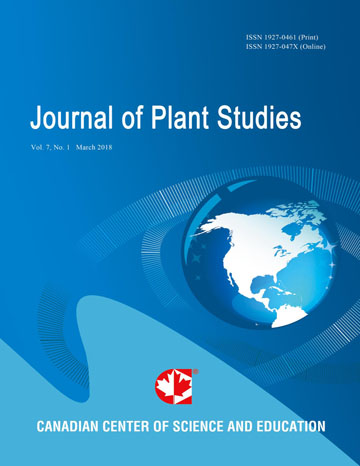Transcriptomic Analysis on the Regulation of Tomato Ripening by the Ethylene Inhibitor 1-methylcyclopropene
- Jamshed Bobokalonov
- Yanhong Liu
- Tasnuva Shahrin
- LinShu Liu
Abstract
Tomato is a climacteric fruit whose ripening is regulated by the plant hormone ethylene. 1-methylcyclopropene (1-MCP) is a competitive ethylene inhibitor that can delay the fruit ripening process. To understand the molecular mechanism of how 1-MCP inhibits tomato fruit ripening, transcriptomics (RNA-Seq) was used to identify genes that were differentially expressed in 1-MCP-treated (Day 1) tomato fruits. Of the 35340 genes in the tomato genome, about 50% were expressed with 1-MCP treatment. There were 5683 genes identified as significantly differentially expressed. Quantitative reverse transcription PCR (qRT-PCR) assays were used to validate the RNA-Seq data. Our results showed that 1-MCP treatment resulted in the down-regulation of fruit ripening-related genes, including genes involved in ethylene synthesis, signal transduction and carotenoid biosynthesis. Our results provide insight at the whole genome level regarding gene regulation by 1-MCP during fruit ripening. Understanding the molecular basis of 1-MCP inhibition on tomato ripening may help farmers and food processors to better use 1-MCP in agriculture and food industry.
- Full Text:
 PDF
PDF
- DOI:10.5539/jps.v7n2p49
Index
- AGRICOLA
- CAB Abstracts
- CABI
- CAS (American Chemical Society)
- CNKI Scholar
- Elektronische Zeitschriftenbibliothek (EZB)
- Excellence in Research for Australia (ERA)
- Google Scholar
- JournalTOCs
- Mendeley
- Open policy finder
- Scilit
- Standard Periodical Directory
- Technische Informationsbibliothek (TIB)
- WorldCat
Contact
- Joan LeeEditorial Assistant
- jps@ccsenet.org
